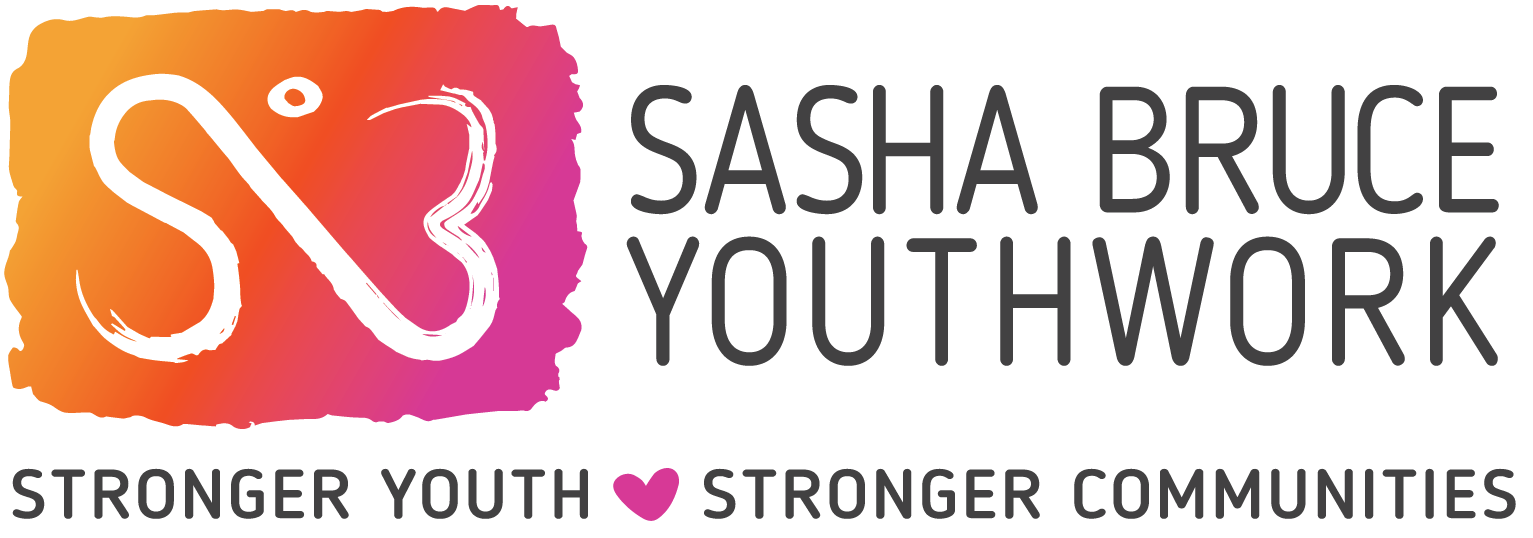Eboney Matthews didn’t waste any time when the man on the phone said a two-bedroom apartment had just become available.
“I’m on my way,” she said, before hustling over to the apartment.
That’s where we’re sitting now, in a tidy flat on the top floor of a low-rise complex in Congress Heights. Eboney and her son, Herb, 7, moved in a little more than two months ago, having graduated from a transitional housing program run by Sasha Bruce Youthwork, a D.C. charity and a partner in The Washington Post Helping Hand.
The Sasha Bruce program was in an apartment complex on Barnaby Road SE. Eboney and the other the young parents in that program had been homeless.
“The apartment looks really, really nice, Eboney,” says Natonya Harris, program manager for the transitional housing program. She’s seeing Eboney’s new place for the first time.
“I finished the first day we moved in, put everything up,” Eboney says. She did not want to be looking at moving boxes.
Eboney is no longer in the Sasha Bruce program. She’s proof that taking enough small steps in the right direction can lead to big change.
Natonya dabs at her eyes.
“Thank you,” Eboney says. “I miss you all.”
“You all” was the group of parents between the ages of 18 and 24 in the Barnaby Road complex. In 2010, Eboney was living in the family shelter at D.C. General with her 1-year-old son.
After four months, she was chosen for Sasha Bruce transitional housing, which at the time consisted of 10 apartments. An 11th apartment housed the Sasha Bruce Youthwork program office. The young mothers met there regularly, in groups and singly, with caseworkers. They learned about child-rearing, about budgets, about credit reports, about applying for jobs.
“It was helpful all the time,” Eboney says. “I always paid attention, even if it was stuff I already knew. I tried to learn more.”
Natonya says: “With the transitional housing program, our goal is to prepare the young people to be able to have the capacity where they can move into permanent housing. Eboney has been consistent throughout her entire time in the program.”
Eboney was always working or looking for work, trying to earn a little bit more with each new job, from Denny’s to Papa John’s to CVS, where she works now. As part of the Sasha Bruce program, Eboney put 10 percent of any money she made — from her job or from public assistance she was receiving — into an escrow account to prepare for her next move.
Sasha Bruce clients typically spend two to three years in transitional housing. Eboney had a few setbacks and was there longer. But Natonya knew Eboney would succeed eventually and recommended that she apply for rapid rehousing, a District program that helps fund an apartment.
In rapid rehousing, clients start out paying 40 percent of the rent. Every three months or so, the percentage increases until, by the end of the year, they are paying the entire rent themselves. Not all landlords accept rapid-rehousing vouchers. And some who do have minimum income requirements.
When Eboney was ready to leave the nest, she set to work. “I was nonstop calling everywhere,” she says. “First, I would ask, do they have any units available? Then I would ask if they accepted the rapid-rehousing voucher. If they tell me yes, I ask about the income requirement.”
When Eboney found her apartment, she high-tailed it over with the $50 application fee to seal the deal. The result is her own place, with her own name on the lease.
“I feel good paying high rent, even though I’m broke,” Eboney says with a laugh. “But at least my rent is paid.”
She lives near a Giant but shops at Aldi, preferring its lower prices. (“And they have good stuff,” she says.)
Eboney has always loved driving — she has fond memories of delivering pizzas for Papa John’s — and thinks she’d like to obtain a commercial driver’s license.
She dreams of one day earning a salary, as opposed to being paid by the hour.
“I want better stuff for myself and my son,” she says.
Natonya looks at her and beams. “She has definitely been one of those success stories,” she says.












